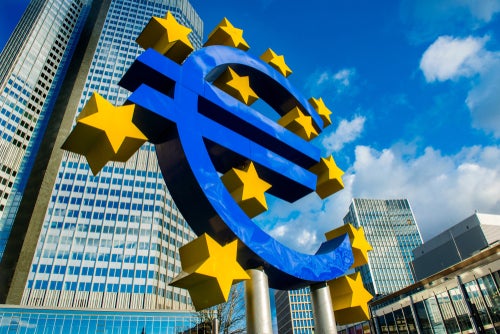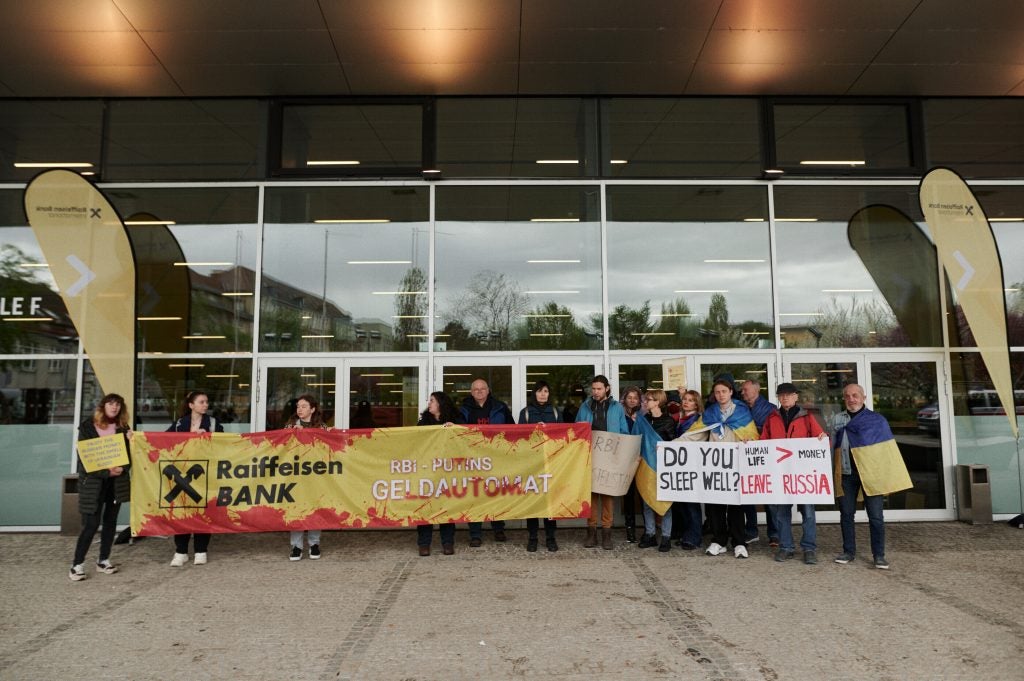
As we enter the last few days before the UK leaves the EU, talk has turned to what the future relationship holds.
The Prime Minister and the Chancellor of the Exchequer see Brexit as an opportunity for the UK to diverge from European rules though the latter has in recent days toned down his remarks in response to concerns expressed by representatives of several industries, including the automotive sector and promising to consult with business before anything is enacted.
To date, the City of London has used passporting arrangements to develop a cross-border offering across the EU. Now that this will fall away after the end of 2020 (once the transitional arrangements have elapsed) and without the prospect of mutual recognition, there is talk about some form of equivalence. The Chancellor sees an “outcomes-based equivalence” as a possible solution, but according to a City UK in a report published last week on the post-Brexit regulatory architecture this will result in the UK becoming an indirect rule-taker. This is because the European Commission will be an arbiter of what is equivalent (a similar discussion is taking place on data adequacy). The other challenge is that equivalence only applies to a limited number of regulatory areas.
In talks with the European Commission President, Ursula von der Leyen earlier this month, the Prime Minister made it clear he wanted services (representing 80% of the UK economy) included in the UK/EU trade deal concluded by the end of 2020. But how much is Brussels prepared to budge? Throughout the Brexit process, the EU has made it clear that ‘cherry-picking’ by the UK would be unacceptable. One option which may emerge is a series of sectoral deals, in which for example, the UK cedes to Brussels on fishing rights, allowing room for manoeuvre on financial services. If this not possible, then either the UK accepts equivalence with all its flaws (even the outgoing Governor of the Bank of England regards this scenario as sub-optimal) or cuts off its ties with Brussels completely. Such a decision will need to be made by the end of June as the Commission requires 6 months to undertake equivalence assessments so time is not on the negotiators’ side.
In the meantime and on a positive note, it was reported that nearly 1,500 banks and other financial services providers have applied to the FCA for temporary permissions to trade in London, of which 1,000 do not currently have a UK presence. Whatever happens in trade talks, it is clear that the wider financial services landscape has changed forever.
Stephen Haddrill is the director general of the Finance & Leasing Association.
How well do you really know your competitors?
Access the most comprehensive Company Profiles on the market, powered by GlobalData. Save hours of research. Gain competitive edge.

Thank you!
Your download email will arrive shortly
Not ready to buy yet? Download a free sample
We are confident about the unique quality of our Company Profiles. However, we want you to make the most beneficial decision for your business, so we offer a free sample that you can download by submitting the below form
By GlobalDataThis article first appeared on the FLA website.






